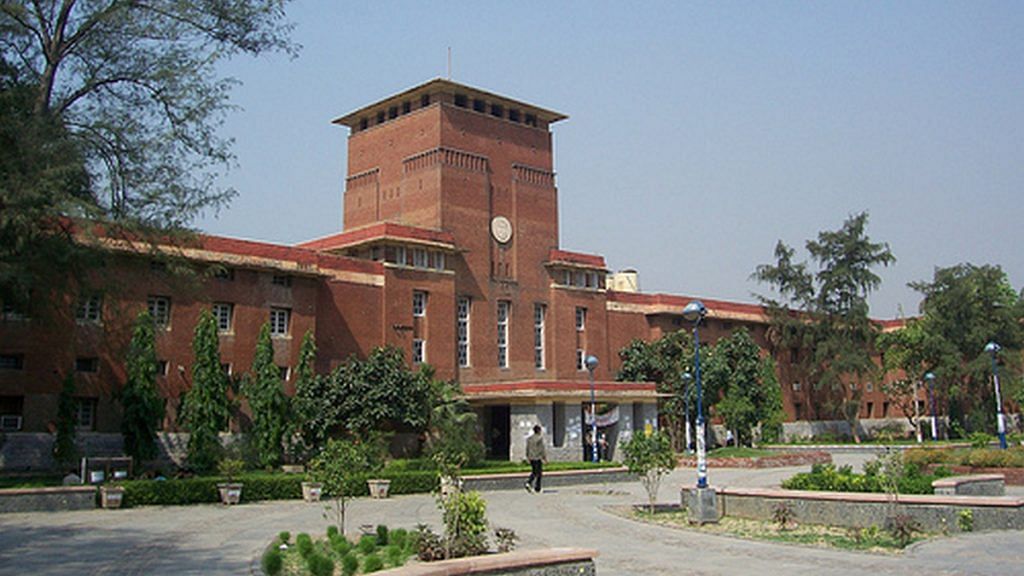New Delhi: The draft National Education Policy (NEP) released last Friday has called for the M.Phil degree to be discontinued, a recommendation that is likely to affect thousands of researchers across the country.
The committee headed by eminent scientist K. Kasturirangan, which formulated the draft, wants to change the pattern of higher education by introducing a four-year Bachelor’s degree instead of a three-year programme. It wants the Master’s degree more research-oriented, thereby cutting down on the need for an M.Phil.
According to the suggestion of the panel, the requirement for a PhD should either now be a “Master’s degree or a four-year Bachelor’s degree with research”.
“The M.Phil programme shall be discontinued,” the policy draft says.
M.Phil is pursued after a Master’s, which is usually an M.A, M.Sc or an M.Com degree, and provides students with a two-year window to decide on whether they want to pursue a PhD or just drop out after the M.Phil.
Under the current system, a Master’s degree does not require students to do a dissertation or thesis but an M.Phil requires more research-oriented work and dissertation.
Also read: Draft National Education Policy was not Hindi-chauvinist & Modi govt shouldn’t have caved in
Panel wants Master’s degree restructured
While suggesting to do away with M.Phil, the draft recommends alternatives in the form of having a different version of the Master’s programmes — “a two-year programme with the second year devoted entirely to research for those who have completed the three-year undergraduate programme”.
It further suggests that there may be an integrated five-year bachelor’s/Master’s programme. “For students completing a four-year bachelor’s programme with research, there could be a one-year Master’s programme,” it says.
The whole idea behind restructuring the higher education model, as per the draft, is to make education more “liberal”.
“A good number of students actually do not go for an M.Phil before enrolling for a PhD but it is very important to at least have that option because it gives more clarity to students on what to pursue as research for their PhD,” said an M.Phil scholar from the Jawaharlal Nehru University (JNU), explaining the relevance of a such a drastic step.
“Master’s in Indian universities does not offer a research-oriented curriculum, which is needed for one do a PhD.”
Brijesh Rana, a scholar in Delhi University, called the proposal to discontinue M.Phil a “drastic step”.
“If the Master’s programme in India is made more research-oriented, then there is no problem in removing the M.Phil option,” Rana said. “But if that does not happen, it is definitely a drastic step.”
The numbers of those pursuing an M.Phil is substantive. Institutions such as Delhi University, JNU and the Banaras Hindu University offer at least 20-40 M.Phil seats in each department every year, depending upon the faculty strength and availability of resources in each subject.
Delhi University this year, for example, has offered over 200 M.Phil seats in various subjects. JNU has offered over 300 M.Phil seats.
Also read: 50% jump in PhDs since 2011, govt wants study on how good many of them actually are
